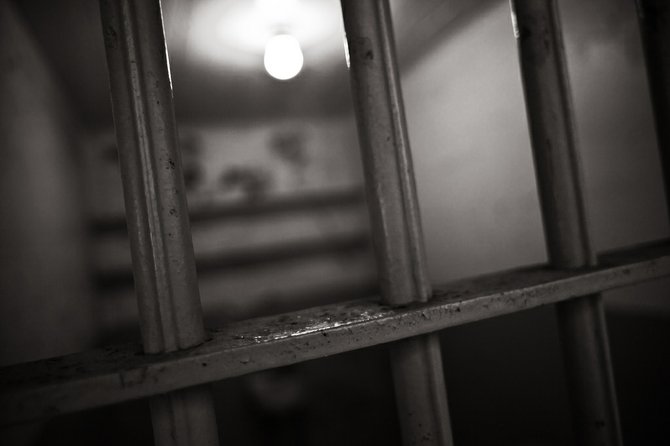The Mississippi State Penitentiary in Parchman is the state’s biggest and most costly penitentiary. Photo by Courtesy Neil Conway
Starting in July, the Mississippi Department of Corrections will have four fewer community work centers, which provide inmate labor to local governments.
The centers affected include those in Bolivar County, Yazoo County, Jefferson County and George County.
Chris Epps, MDOC's commissioner for the past 10 years, cited declining numbers of non-violent offenders who would be eligible for community work-center housing coupled with a multi-million-dollar budget deficit as reasons for the closures, which will save the agency $2.3 million.
"Tough times make you make tough decisions," he told MDOC staff members in April. The prison department's budget deficit ballooned to $29.5 million before the Legislature cut it down to $6 million during the recent legislative session. Gov. Phil Bryant wanted to send more money to prisons, but the Legislature declined to do so, instead providing MDOC with level funding for fiscal year 2014.
But why is MDOC so broke? Epps has received high praise for the efficiencies he has implemented at the department over the years that have saved taxpayers millions. Meanwhile, MDOC is about 2000 under capacity with an inmate population in January 12,533 but space for 14,479.
Epps, who was preparing for Mississippi's first execution of the year on May 7, was unavailable for an interview, but a spokesperson referred the Jackson Free Press to a January 2013 press release that points out Mississippi's second-highest in the nation incarceration rate of 650 per 100,000 citizens and the state's against-the grain-trend of growing inmate population in recent years.
Where nationally, the prison population decreased about one percent from 2011 to 2012, the number of individuals incarcerated in Mississippi grew by more than 1,000 people between 2010 and 2012, from 20,925 to 22,023.
Even taking the increase into account, at an average cost of locking someone up hovering around $41.51 per inmate--which MDOC touts as below the national average of $65.41 per day--the additional inmates would cost $15.1 million, half the deficit amount.
As Mississippi prepared for the planned execution of William Jerome Manning on May 7, civil-rights activists cited the rising cost of incarceration as a reason to enact prison reform, particularly with respect to death penalty cases. The costs of executions vary greatly from state to state. In California, a 2011 study found that the state spent an average of $308 million on each of the 13 executions carried out since 1978, $4 billion total. The Tennessee State Comptroller analyzed the costs of capital cases in 2004 that concluded capital trials cost taxpayers 48 percent more than life without the possibility of parole.
In 2012, Mississippi tied with Arizona and Oklahoma for second-most executions carried out in the United States, with six in each state. Texas led the nation with 15 executions in 2012. Wayne McDaniels, president of the Jackson branch of the National Association for the Advancement of Colored People, said Mississippi should look to solutions other than the death penalty to address crime.
"Instead of spending millions of dollars on costly executions, our state should invest in public education and prevention programs that deter individuals from criminal activities," McDaniels said.



Comments